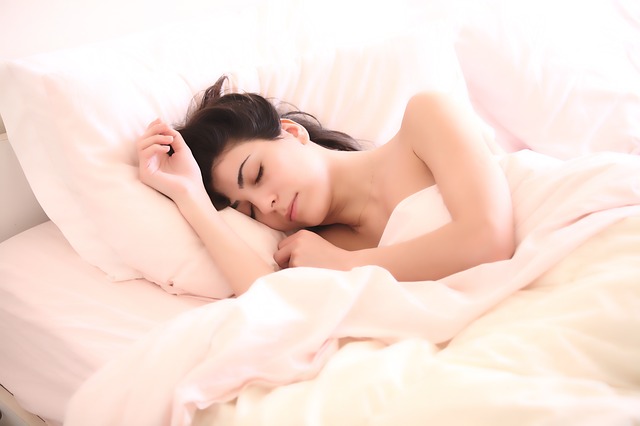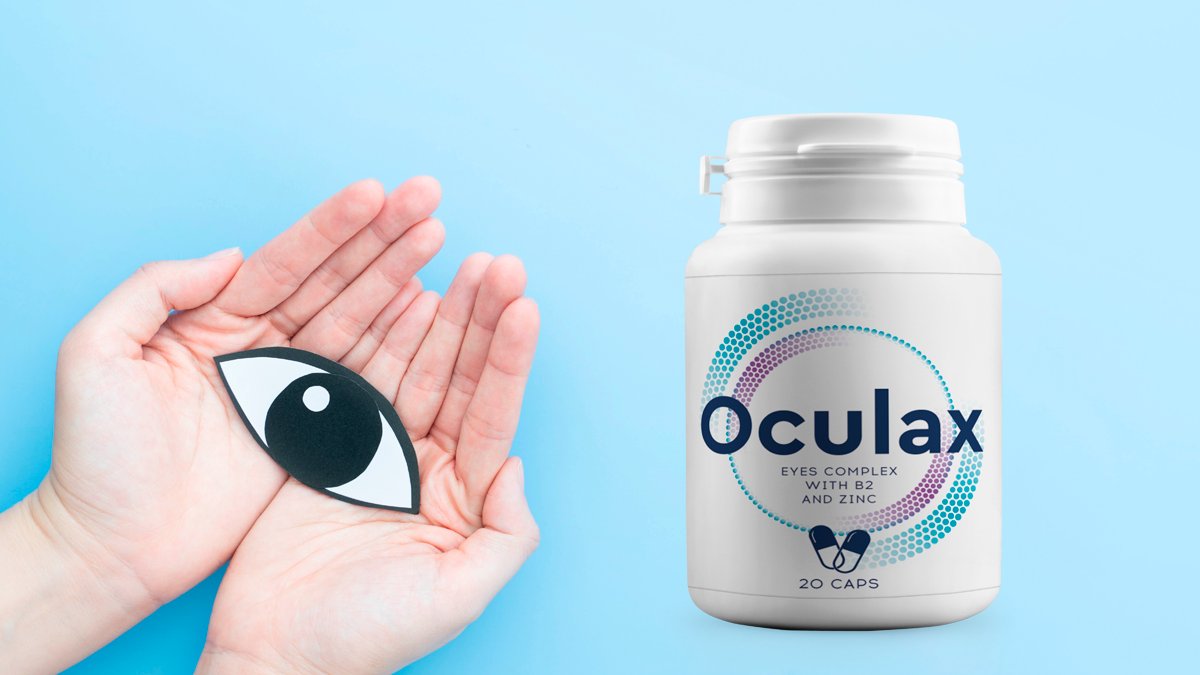Sleep paralysis can be a frightening experience when you wake up from sleep immobilised or unable to turn your head or move your body. It can be terrifying– something that you cannot forget even after trying repeatedly.
When somebody experiences this, one tries to make a sound, but, most often, people fail to open their mouths. You can run out of breath with a strong feeling of force or pressure on the chest which weighs your body down. This way you feel a deep sense of danger or dread. You can also feel a strange presence in the room.
Though it may sound terrible, the sleep paralysis which is actually a type of parasomnia is not that dangerous. It is also (in most cases) not a sign of serious condition. However, sleep paralysis can be the symptom of Narcolepsy. This can exist for a few seconds to a few minutes.
Also Read: Home remedies to treat the Four most common sleeping disorders
The sleep paralysis occurs when you wake up from sleep and it can also happen when you are trying to fall asleep. The real cause of sleep paralysis is still not known. But research suggests that sleep paralysis occurs because of problem in transitioning between the various stages of sleep especially moving in and out of the REM sleep.
What Can Give Rise to Sleep Paralysis?
The sleep paralysis happens to be quite a common condition and almost 40 percent of people have had this issue at least once in their lives. Most cultures also have an explanation for such an experience which range from alien abductors to vengeful spirits. However, a number of factors can actually contribute and deteriorate the condition of sleep paralysis further.
Causes of Sleep Paralysis
At the time of sleeping, the voluntary muscles do not move and the body relaxes. This is responsible for protecting us from injuring ourselves from the acting out of dreams. The sleep paralysis includes a fragmentation or disruption of the Rapid Eye Movement or the REM sleep cycle.
The body now switches between the REM or the Rapid Eye Movement and the Non-rapid Eye Movement (NREM).
It takes about 90 minutes to complete one EM-NREM cycle and it is during the NREM cycle that you sleep the most. The body relaxes during the NREM sleep. During the REM sleep, the eyes move very quickly but the body relaxes at this time. The dreams take place during this period.
In the sleep paralysis, the transition of the body to or from the REM sleep is out of sync with the brain. The person’s consciousness is quite awake, but their body remains in the paralysed sleep state.
The areas of the brain that detect the threats are overly sensitive and in a heightened state. Other factors that can be linked to sleep paralysis include the following –
- Constantly Changed Sleep Schedule
- Lack of Sleep
- Sleeping on the Back
- Use of ADHD and Other Kinds of Medications
- Other Sleep Issues like Night-time Leg Cramps or Narcolepsy
- Substance Abuse
Apart from that, there can be some other factors contributing to sleep paralysis as well like –
- Enhanced Levels of Stress
- Withdrawal or Use of the Hallucinogenic Drugs
- Shift Work Sleep Disorder
- Insomnia
- Having a Mental or Psychological Problem like Depression, Anxiety, Schizophrenia or Bipolar Disorders (People with Bipolar Disorder are twice as likely to have sleep hallucinations on a weekly basis)
Treatment of Sleep Paralysis
The sleep paralysis is more or less harmless and that is why most doctors do not recommend any treatment. However, the sleep paralysis is capable of deteriorating further the pre-existing anxiety, depression or any of sleep disorder or difficulty. The doctor can recommend eliminating those conditions under such circumstances. The lifestyle changes can offer relief to moderate or mild sleep paralysis sufferers. For that, you should consider imbibing the following habits.
- Avoid the alcohol and the drugs
- Minimise sleep deprivation
- Enhance the sleep hygiene
- Avoid the stimulants like caffeine and large meals before bed
- Go for regular exercise
- Minimise the exposure of blue light before retiring to bed
In certain cases, the medications like the benzodiazepine Clonazepam or antidepressants are used for treating the sleep paralysis.
It is suggested that you get yourself evaluated by a reputed sleep specialist in Long Island Ny to see if your sleep paralysis is linked to any other kind of sleep disorder or medical disorder. This way, the actual source of your problem can be diagnosed and treated so that you can grab a peaceful night’s sleep.









